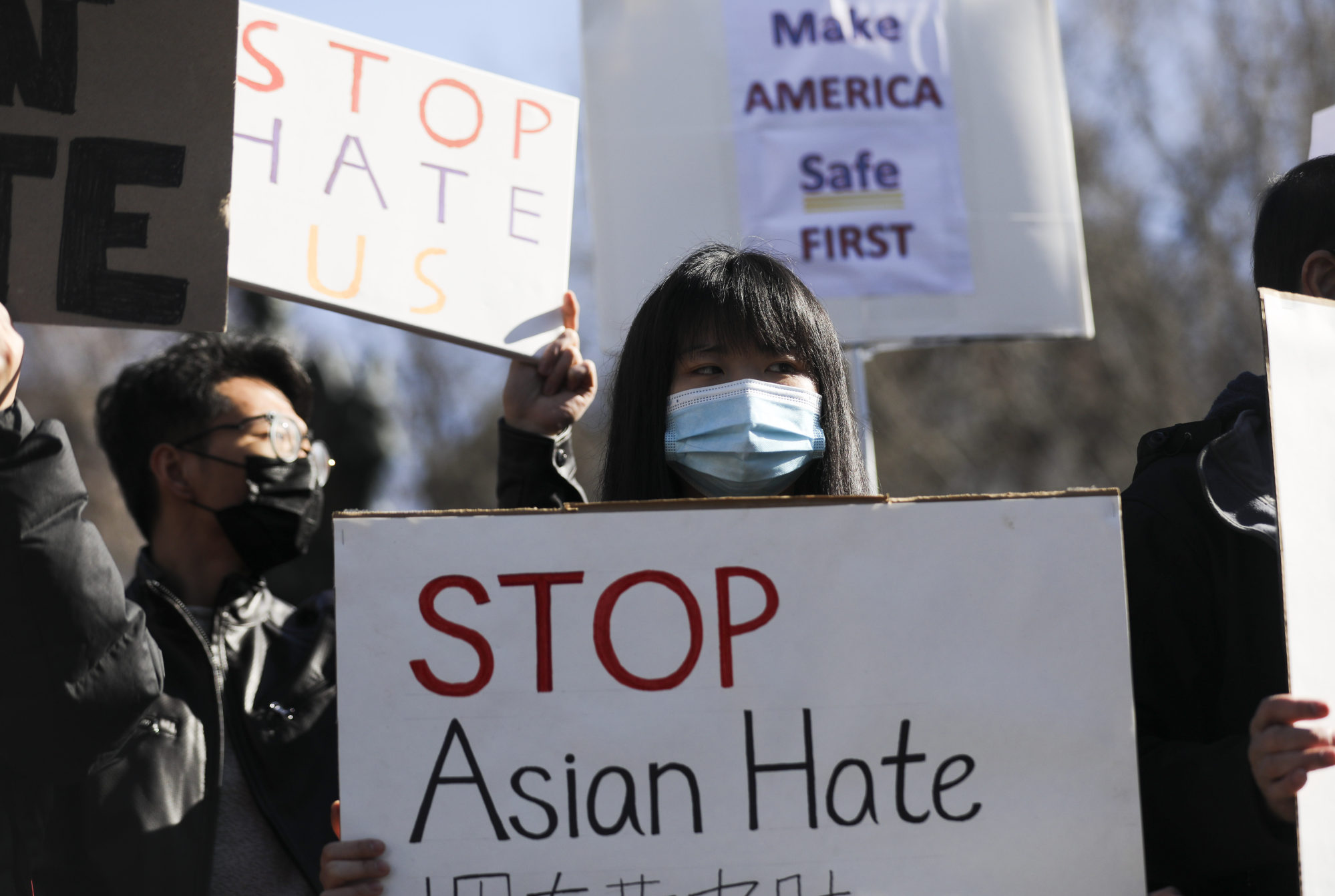90% of Asian-Americans plan to vote in US election, with Biden favoured over Trump: survey
And nearly three times as many respondents viewed Democrats as doing a better job countering racism than Republicans, the survey found.
The findings underscored the growing importance of Asian-Americans on the US political stage as they more forcefully demand their rights and push their priorities into the spotlight, the survey’s organisers said.
“Asian-Americans are the fastest-growing racial group in the United States and the fastest-growing electorate,” explained Karthick Ramakrishnan, a political-science professor at the University of California, Riverside and founder of AAPI Data.
“We’re also fast-growing in many battleground states that are important not only for the presidential race, but also for control of the Senate and the House.”
Some 90 per cent of the respondents said they planned to vote in November.
If the election were held today, 46 per cent of Asian voters said they would vote for Biden versus 31 per cent for Trump, according to the survey.
But nearly a quarter said they would consider an independent or third-party candidate, reflecting a lack of enthusiasm for either candidate and sentiment held among Americans broadly this election cycle.
Asian-Americans believed the Democratic Party did a significantly better job on issues related to abortion, healthcare and gun control, the survey found, while Republicans were thought marginally better on national security, immigration, inflation and crime.

Contrary to oft-cited narratives, there was little indication that Asian-American voters were becoming more conservative, the organiser said, noting relatively few in the community had been solicited by either party and that their support was up for grabs.
“This diversity also suggests that Asian-American voters are not a monolithic bloc and have varied political views,” said Christine Chen of APIAVote, a Washington-based non-profit group.
On issues of particular concern for the community, three in four felt that translators or interpreters should be provided at polling stations. Some 72 per cent of Asian-American voters speak a language other than English at home.
“Even for those that are fluent in English, when you go to the ballot box and you’re trying to navigate that ballot, especially when there’s referendums and ballot initiatives, it can become confusing,” said John Yang of Asian Americans Advancing Justice, a civic group. “So having that assistance is important to our community.”
This might also explain respondents’ strong preference for early or mail-in voting. In 2022, 73 per cent of Asian-American voters pursued this voting option – a higher percentage than any other US racial group.
On other priority fronts, three-quarters cited the importance of teaching Asian-American history in school while two-thirds favoured making it easier to sponsor family members for visas.

As Covid-19 spread, Trump described the disease as “kung flu” and “Asian flu” as well as sought to deny entry to anyone coming from China and block aircraft arrivals from the mainland.
“We saw a particular spike at that time for understandable reasons, but that has not abated,” said Yang of prejudicial treatment. “Part of that is because there’s this continued tension between the United States and the Chinese government.”
“A lot of that has real world aspects to it,” he added. “But what we have also seen is a backlash against the Asian-American community in framing us as potential spies, framing us as potential enemies.”
In light of the finding, concerns have arisen over misinformation and disinformation on both sides of the partisan divide, an issue that did not receive as much attention involving Asian-Americans as it did in the general population, Yang said.
Polling focused on the six most populous groups in the Asian-American community: Chinese, Filipinos, Indians, Japanese, Koreans and Vietnamese.
Respondents spanned all voting-age groups and hailed from all 50 states. Aside from English, the survey was offered in English, Chinese, Korean and Vietnamese.